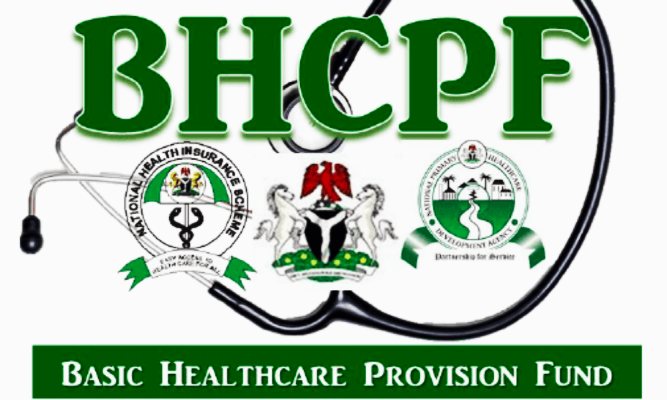The Nigerian Government has approved N12.9 billion for four key health agencies to enhance healthcare delivery in the country.
The National Health Insurance Authority (NHIA), National Primary Healthcare Development Agency (NPHCDA), Nigeria Centre for Disease Control and Prevention (NCDC), and the National Emergency Medical Service and Ambulance System (NEMSAS) are set to receive the funds, which were allocated under the Basic Health Care Provision Fund (BHCPF) for the fourth quarter of 2024.
This approval was granted during the eighth meeting of the Ministerial Oversight Committee (MOC) of the BHCPF, which took place in Abuja, the nation’s capital.
The committee, responsible for monitoring fund disbursement and ensuring transparency, stated that the disbursement is in line with current BHCPF guidelines and the ongoing reforms in the health sector.
“The funds will enhance operational efficiency, transparency, and accountability in alignment with Nigeria’s Health Sector Renewal Initiative and President Bola Tinubu’s Sector-Wide Approach,” the MOC said in a statement.
It added that the reforms aim to strengthen governance structures and ensure the effective use of the fund across the health sector.
The committee also announced the adoption of the revised BHCPF 2.0 guideline and accountability framework. These updates are intended to support the strategic direction of the BHCPF and improve the performance of the health sector as Nigeria strives to meet its health and development goals.
In addition, a subcommittee was formed to address delays in disbursement. This subcommittee, which includes representatives from State Social Health Insurance Agencies, the World Health Organization (WHO), and other stakeholders, will provide a report within two weeks.
Speaking with journalists after the meeting, the Coordinating Minister of Health and Social Welfare, Prof. Muhammad Pate, expressed optimism about the government’s efforts to improve healthcare delivery.
He emphasised that the approved funds will significantly boost services across the four agencies and improve population health outcomes.
Prof. Pate highlighted the achievements of the Vulnerable Groups Fund, noting that 2.4 million additional vulnerable Nigerians had been enrolled in the scheme over the last year.
“This means more Nigerians can now afford healthcare, which is a major step forward in achieving universal health coverage,” he remarked.
Also Read: Nigeria Receives First-Ever Malaria Vaccines Ahead of National Rollout
The minister also emphasized the government’s commitment to training healthcare workers. He disclosed that 40,000 health workers have already been trained under the president’s initiative to reach 120,000 permanent health workers nationwide.
“We are making progress in a complex sector, and we are determined to improve the health outcomes for our population,” Prof. Pate said.
Despite these achievements, the minister acknowledged that progress varies across states. While some states, such as Anambra, are leading in health sector reforms, others are lagging.
Prof. Pate urged greater collaboration between the federal and state governments as well as other stakeholders to ensure that healthcare services are accessible to all Nigerians.
He further stressed the importance of addressing the delays in fund disbursement and urged the newly formed subcommittee to work diligently to resolve these issues within the set timeframe.
The government, he said, remains committed to improving governance in the health sector and ensuring efficient use of resources.
The approval of the N12.9 billion disbursement is seen as a critical step in advancing healthcare reforms in Nigeria. It is expected to improve the capacity of the NHIA, NPHCDA, NCDC, and NEMSAS in delivering essential health services to the population.
With the additional funding, the four agencies are expected to enhance their operations, ensuring that healthcare services are more accessible and responsive to the needs of Nigerians, particularly the vulnerable populations.
The MOC’s commitment to ensuring transparency and accountability in fund disbursement further underscores the government’s focus on achieving sustainable improvements in healthcare delivery.


Comments are closed.